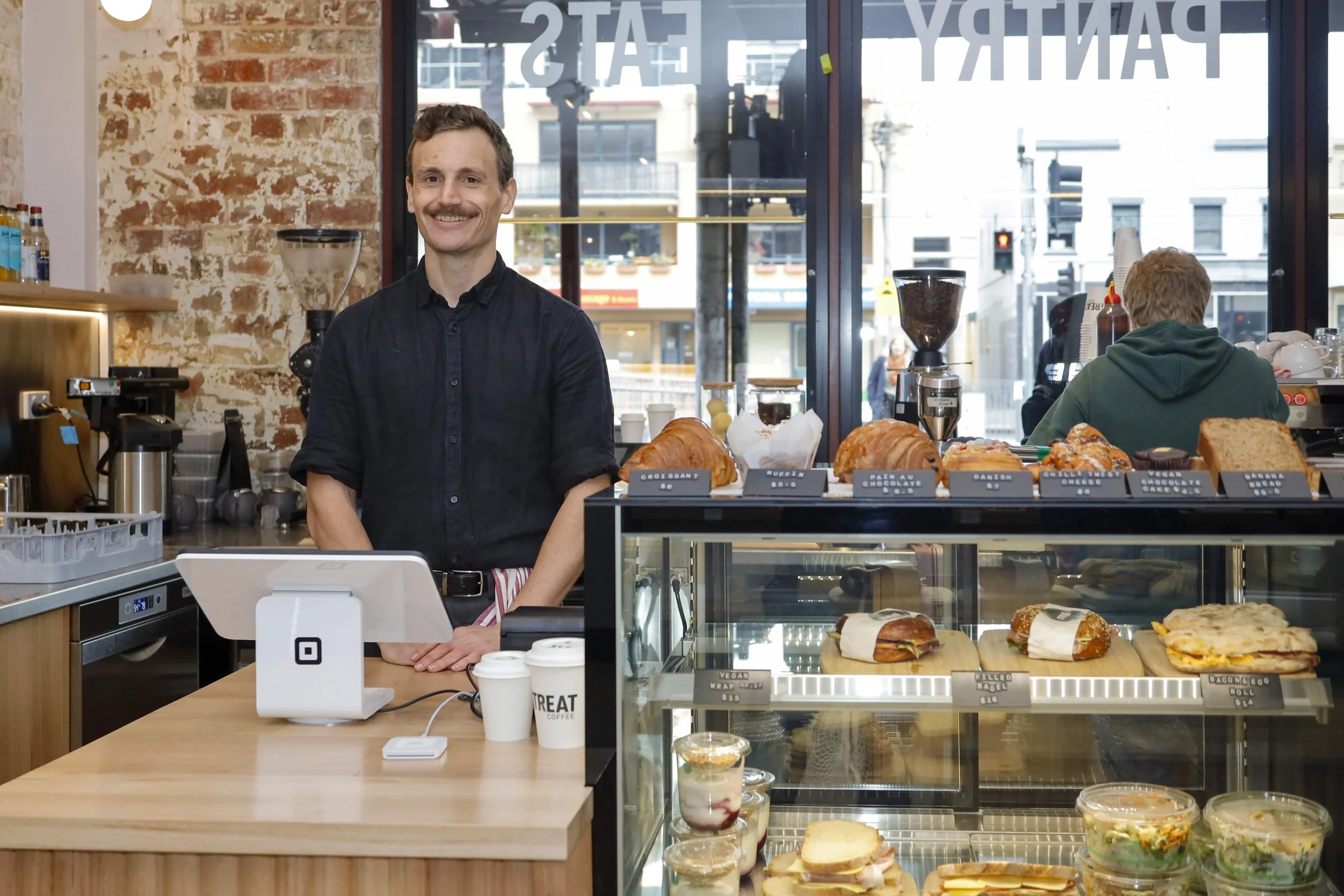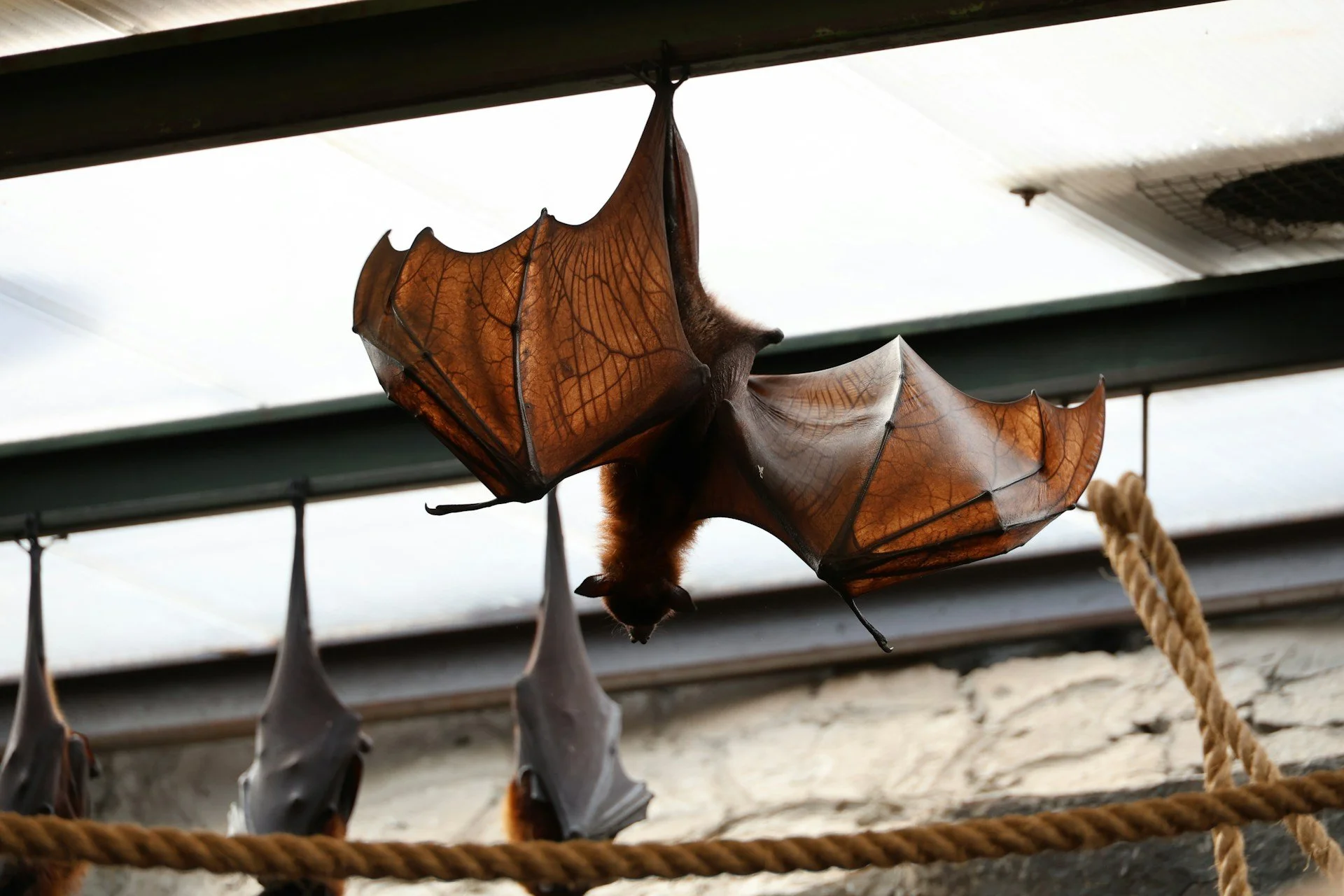What if 800 tonnes of market “waste” became opportunity? At Melbourne’s Purpose Precinct, the STREAT-led Moving Feast Kitchen is transforming surplus produce into 60+ ready-to-eat products, while creating jobs and reducing environmental impact. By Hudson Brown
Read MoreFeatured Stories
Ecovillages are reshaping ideas of home and community, replacing isolation and high-impact living with cooperation, regeneration and shared land. By Alexi Freeman
Read MoreOver the past year, we’ve continued to spotlight the issues that matter most. As 2025 closes, we’re pleased to share some of the standout stories that defined 2025 for us at Matters Journal.
Read MoreEcovillages are reshaping ideas of home and community, replacing isolation and high-impact living with cooperation, regeneration and shared land. By Alexi Freeman
Read MoreWith fresh how-to guides, case studies, podcasts, radio shows, and dynamic social content, the The Commons Social Change Library is making activism more accessible than ever. By Hudson Brown
Read MoreThe Brain Health Futures Summit on November 13, 2025 in Melbourne unites world-leading thinkers to explore how cognitive health shapes our collective future. By Alexi Freeman
Read MoreAfter the bushfires and the pandemic, WWF-Australia and Regen Studios reimagined that rebuilding could mean not just recovery, but regeneration. Today, Regen Labs is growing Australia’s regenerative economy from the ground up. By Daniel Simons
Read MoreAs climate risks intensify, Australia’s new 2035 target aims to cut emissions by 62–70%. At the Climate Council discussion, the debate reveals a nation at a crossroads between ambition and action, fossil fuels and a renewable future. By Alexi Freeman
Read MoreFor 65,000 years, First Nations Peoples have innovated in harmony with Country. Today, that wisdom is amplified by tools like drones, AI, and satellite mapping, and transforming land and sea management. By Alexi Freeman
Read MoreFast fashion, food waste, and construction all reveal how much our economy relies on disposable habits, but circular economy asks us to choose wisely, value more, and put human wellbeing and planetary health at the center of economic life. By Daniel Vlahek
Read MoreBy Alexi Freeman
Read MoreA quiet revolution is challenging the profit-above-all economy. Around the world, changemakers are building new frameworks to measure wellbeing, equity, and environmental health alongside financial returns, blending data with storytelling to inspire culture shifts and systems change. By Daniel Simons
Read MoreAs landfills reach capacity, the circular economy offers a smarter way forward—reusing, repairing, and rebuilding. By Daniel Vlahek
Read MoreAfter being diagnosed with a debilitating neurological disease at 24, Nick Allen defied expectations by summiting a Himalayan peak. Now, through his charity Mastering Mountains, he’s helping others with neurological conditions reclaim the outdoors, one adventure at a time. By Hudson Brown
Read MoreAustralia’s aged care system is undergoing a major transformation, with a new reform act set to take effect in July 2025. And the focus is shifting from provider-driven care to a human-centred approach. By Nikki Stefanoff
Read MoreLife Cycle Thinking helps us understand the full impact of products and how they interact with society and nature. Applying this mindset is essential for a circular economy and a regenerative future. By Daniel Vlahek
Read MoreAs climate change threatens island resorts, destinations like the Torres Strait, Maldives and Tuvalu are adapting through activism, innovation, and digital preservation. By Alexi Freeman
Read MoreDigital Product Passports promise to play a key role in transforming how products are designed, used, and reused in a sustainable economy. By Daniel Vlahek
Read MoreA walk-through of the upcoming Aged Care Reform in Australia, which is set to be the system's biggest transformation in decades. Major changes are aimed at improving the quality of care, increased provider accountability and a fairer system of funding. By Nikki Stefanoff
Read MoreVacant urban spaces often go unnoticed, yet they hold the potential to become vibrant community hubs. Can placemaking can transform neglected areas into inclusive, thriving places? By Daniel Vlahek
Read More


















